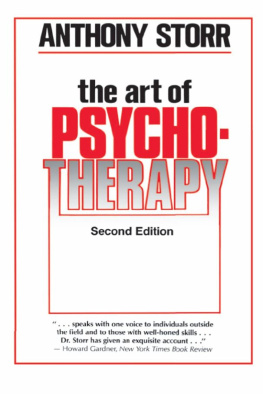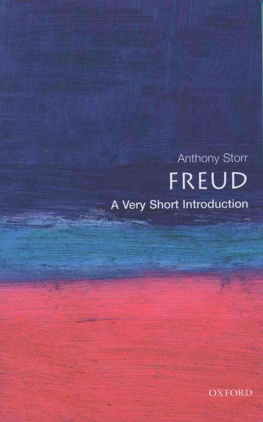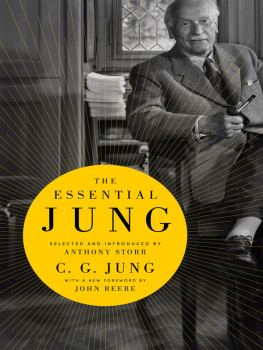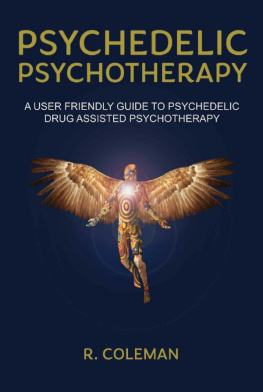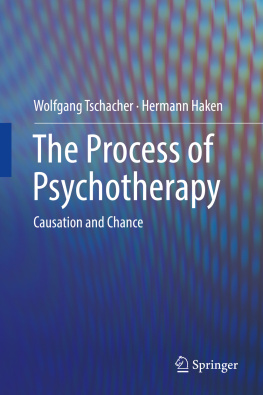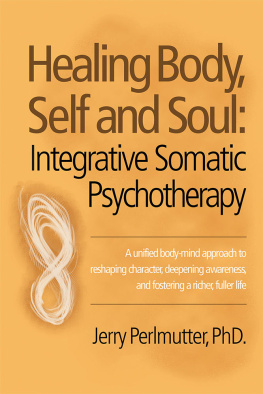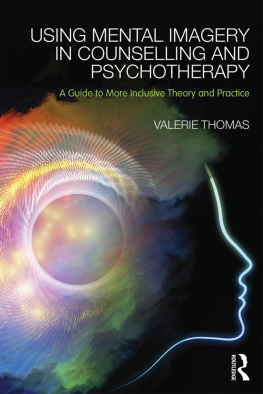Here is perhaps the most human, common sense and revealing account of psychotherapy available: what it is; how it should be practiced; what it can achieve.
Anthony Storr here presents the fruit of his 30 years experience teaching and practicing individual psychotherapy. In the ten years since it was first published the book has been widely read by psychotherapists in training or just beginning practice, as well as in, or entering, the helping professions.
For the layman, Storr's book constitutes a fascinating inside introduction, free of jargon and mystique.
This eminent psychotherapist argues that successful psychotherapy depends on developing an intensely personal patient-therapist relationship. He contends it is essential both that the psychotherapist possess a capacity for empathy with a wide variety of personality types; and be more concerned about understanding patients as whole persons than in diagnosing precise kinds of neurosis. An unusual chapter on The Personality of the Psychotherapist is included because the personalities of both participants must be taken into account in such an intimate relationship.
For Storr, psychotherapy today is not just a means of curing neurotic symptoms but of helping people suffering from problems of living. Skeptical of precise interpretations of symptoms, and impatient of terminology that tends to obscure rather than illuminate patients behavior, he offers a common sense synthesis of the most useful analytical techniques developed. He maintains that, as research discloses the factors common to successful treatment, the differences between the various analytical schools will disappear.
Perhaps the most important chapter, Cure, Termination and Results, calls into question the whole concept of cure as put forward by the pioneer psychotherapists. For Storr, psychotherapy is not about altering character or basic psychopathology. He offers instead a new definition of cure for dealing with problems to which there are no definitive answers.
Storr also considers vital issues such as when to end a course of analysis and the kind of conditions suitable for psychotherapeutic treatment.
This is a truly practical book for everybody who wants to understand what actually takes place between the psychotherapist and his patient.
This second edition includes an additional chapter titled Solitude, Interests, and Healing, drawing on the author's most recent work on the importance of the processes of healing that take place within the isolated individual. on the obsessional personality has been totally rewritten, and throughout, there have been additional revisions.
ANTHONY STORR was born in 1920 and educated at Winchester and Christ's College, Cambridge. He qualified as a doctor in 1944 and subsequently specialized in psychiatry. He is the author of many books, the most recent being SOLITUDE: A RETURN TO THE SELF (1989).
By the same author
The Integrity of the Personality
Sexual Deviation
Human Aggression
The Dynamics of Creation
Human Destructiveness
Jung
Solitude
Freud
Churchill's Black Dog and Other Phenomena of the Human Mind
Jung: Selected Writings
The Art of
Psychotherapy
Second Edition
ANTHONY STORR FRCP FRCPsych

Published in 1990 by
Routledge
Taylor & Francis Group
711 Third Avenue
New York, NY 10017 | Published in Great Britain by
Routledge
Taylor & Francis Group
2 Park Square
Milton Park, Abingdon
Oxon OX14 4RN |
1979, 1980 by Anthony Storr
Routledge is an imprint of Taylor & Francis Group
International Standard Book Number-10: 0-415-90302-5 (Softcover)
International Standard Book Number-13: 978-0-415-90302-8 (Softcover)
Library of Congress Card Number 90-8067
First published in England in 1979 by Martin Secker & Warburg Ltd., London, jointly with William
Heinemann Medical Books Ltd., London. First American edition published in 1980 by Methuen Inc.
No part of this book may be reprinted, reproduced, transmitted, or utilized in any form by any electronic, mechanical, or other means, now known or hereafter invented, including photocopying, microfilming, and recording, or in any information storage or retrieval system, without written permission from the publishers.
Trademark Notice: Product or corporate names may be trademarks or registered trademarks, and are used only for identification and explanation without intent to infringe.
Library of Congress Cataloging-in-Publication Data |
Storr, Anthony The art of psychotherapy/Anthony Storr.2nd ed. p. cm. Includes bibliographical references and index. ISBN 0-415-90302-5 1. Psychotherapy.I. Title RC480.S7915 1990 |
616.8914dc20 | 90-8067 |
Visit the Taylor & Francis Web site at
http://www.taylorandfrancis.com
and the Routledge Web site at
http://www.routledge.com
Contents
Preface to the Second Edition
On re-reading this book ten years after its first appearance, I was surprised that I did not want to alter more of it. Dr Michael Hobbs, who succeeded me in Oxford when I retired, made a number of useful suggestions for which I am grateful. The major changes are that , and amended this passage accordingly.
I have felt for a long time that persons suffering from the severer forms of obsessional neurosis, which can be totally crippling, are in a different diagnostic category from neurotics of obsessional personality who suffer from the milder forms of depression, tension and anxiety. Research seems to support this; and so has been modified.
The new colleague with whom they may have discussed their problems.
Ten years ago, one colleague who reviewed The Art of Psychotherapy questioned my belief, expressed in the Introduction, that we shall soon see the disappearance of the analytical schools as discrete entities. He felt, as I do not, that belief in some system, be it Freudian, Jungian, Kleinian, or other, was an essential part of the analyst's emotional and intellectual equipment. Although fundamentalist analysts who believe that one or other school has the truth about human nature, and that all others fall short of this, still exist, my observation suggests that this phenomenon is gradually disappearing. For example, my short book Freud in the Past Masters series, is sharply critical as well as appreciative of the founding father of modern psychotherapy. I expected that dedicated Freudians would accuse me of lse-majest and lack of insight; but modern Freudians are more ready to accept that Freud had flaws than were their forebears of thirty years ago, and have treated me with generosity. Psychotherapists do not need to subscribe to a doctrinal system, although they do need to have trust in the healing powers both of the therapeutic relationship and of the mind itself.
What is the future of psychotherapy? Predictions are always dangerous and often wrong; but here are my guesses. In spite of all the doubts about the efficacy of psychotherapy which have been expressed since Eysenck first attacked psychoanalysis in the 1950s, I am sure that some varieties of psychotherapy are here to stay. It can be argued that many of the problems in living for which people today seek psychotherapeutic help ought to be relievable by family or friends. I do not agree. People who are neurotically distressed need not only support and sympathy, but also the objective comprehension which only a trained therapist can provide. If a person is to alter, and to learn how better to deal with his problems, he must be given an objective basis of knowledge about himself which goes beyond the acceptance which any sympathiser can provide. Psychotherapists require professional training, and serious emotional problems require professional treatment.

